Taking extra precaution during RSV season can be lifesaving
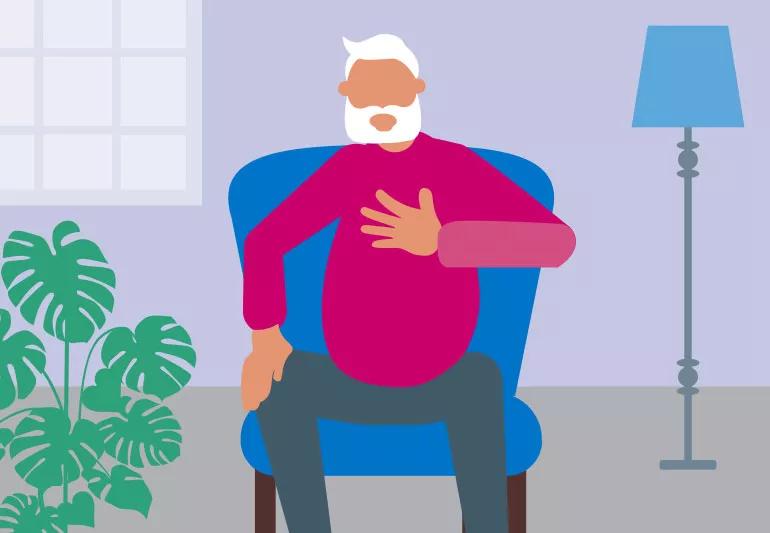
We’re no strangers to the respiratory syncytial virus, or RSV — and that’s especially true for parents who’ve long believed that RSV is a pediatric disease.
Advertisement
Cleveland Clinic is a non-profit academic medical center. Advertising on our site helps support our mission. We do not endorse non-Cleveland Clinic products or services. Policy
But although it’s most commonly found in kids under 5 and especially life-threatening for kids under 2, RSV can infect anyone. RSV was first found in 1957, causing respiratory disease in children as bronchiolitis, and then recognized in adults in the 1970s. For people who are immunocompromised and people 60 and older, RSV is particularly dangerous and comes with its own set of complications that make it appear unique to RSV cases in kids.
Pulmonary medicine specialist Donald DeCoy, MD, explains how RSV shows up differently in older adults and ways they can prevent RSV infection.
In healthy adults older than 60 and high-risk adults (those with chronic lung or heart disease), the annual incidence rate of RSV is 5.5%. RSV has also been detected in 11% of outpatients who are 60 and older with an acute respiratory illness.
“There’s about a 15% rate of admission to the intensive care unit for adults older than 60 with RSV,” says Dr. DeCoy. “Up to one-third of older adults (especially those in chronic care facilities) who get RSV may need to be hospitalized, and they can have a hospital mortality rate of about 6% to 8%.”
That means there are an estimated 177,000 adults who are 60 and older hospitalized with RSV every year, and up to 14,000 of them die from their RSV infection.
Advertisement
Late summer surges brought on by the relaxation of COVID-19 protocols, an overlap of seasonal infections from COVID-19 and the flu, and an increased vulnerability to infection have left older adults especially at risk for RSV. As a result, the U.S. Food and Drug Administration (FDA) has approved an RSV vaccine for anyone older than 60, especially if they’re immunocompromised. An RSV vaccine for pregnant people has recently been approved, as has an immunization against RSV for babies.
What makes RSV especially challenging is that it looks different in adults than it does in kids. Where kids will get full-blown respiratory symptoms, adults may often mistake RSV for allergies or the common cold. The longer it lingers, the worse it gets — and the more you become at risk for other long-term complications.
“It tends to occur in kids as true respiratory symptoms with congestion, cough, runny nose, sneezing, watery eyes, and you may also hear some wheezing in a child with RSV,” explains Dr. DeCoy.
“With adults, RSV is often thought of as being akin to COPD exacerbation, and it can lead to COPD exacerbations in 4.5% to 11% of people or it can lead to an exacerbation of congestive heart failure in 14% to 22% of people. About one-fourth of adults with RSV infection had signs of lower respiratory tract disease like tracheobronchitis, bronchiolitis or pneumonia.”
Chronic obstructive pulmonary disease (COPD) and congestive heart failure are both associated with shortness of breath or difficulty breathing — and so is RSV. While many adults may experience a variety of symptoms, some may even have little to no symptoms when they get an RSV infection.
“RSV is not as tightly packed in adults as it is in our youngest kids,” says Dr. DeCoy. “A lot of adult patients may have shortness of breath, may have a cough, and may or may not have any production of phlegm. They don’t necessarily always have a fever.
“They may not even have an elevated white blood cell count.” he continues. “And it’s possible, they may only present with some confusion or mental status changes. So, they don’t necessarily amount to the normal response to an RSV infection.”
Perhaps the most important thing to note is that RSV infection usually develops over the course of about two to three days, and in the healthiest of people, it tends to go away on its own.
“It usually comes on feeling like it’s allergies or a common cold,” Dr. DeCoy states. “If after two to three days, it’s not getting any better, you should seek medical attention.”
Adults who are most at risk of an RSV infection include:
Advertisement
Adults get RSV the same way kids do. When a person who has RSV coughs or sneezes, the virus gets ejected into the air around them and travels through respiratory aerosolized droplets. RSV spreads rather quickly and lingers on hard surfaces for up to several hours. So, if you’re living in close proximity to other people or you’re spending a lot of time in communal spaces, you’re increasing your risk for RSV infection.
“People can be contagious for three to eight days and can shed the virus for up to four weeks if they’re immunosuppressed,” warns Dr. DeCoy.
RSV can enter your body through your eyes, nose or mouth, which makes handwashing and wearing masks especially important when you’re concerned about potential RSV infection.
“Hand washing is one of the best weapons we have against infectious diseases,” advises Dr. DeCoy. “RSV can stay alive for many hours on solid surfaces, and we touch those surfaces in whatever we do. It’s important that we be aware of that, and wash our hands whenever we can and avoid touching our faces to stop the spread of RSV.”
Advertisement
When you’re able to do so, it could be potentially lifesaving to get the RSV vaccine — and we know from COVID-19 vaccines that they’re our first line of defense against disease.
But other things you can do to prevent RSV is to avoid highly communal areas during RSV season when the virus is at its peak. If you’re unable to avoid communal areas or if you’re spending time with someone and you’re unsure if they’ve come into contact with the virus, wearing a mask and limiting your time in those areas can be helpful.
And if you do get RSV or you’re concerned you may have an RSV infection, you want to talk to a healthcare provider right away. There’s no cure for RSV and no specific medications that can stop the infection, but a healthcare provider can help you find ways to manage your fever and your symptoms.
The most important thing you can do if you have RSV is to rest, stay hydrated, avoid public areas and take care of your fever. And beginning this fall and winter, the newly approved RSV vaccine may be the best measure to prevent RSV infection in adults 60 and older.
“If you experience shortness of breath or any changes to your mental health, seek emergency care right away,” urges Dr. DeCoy. “Often, one of the first signs of RSV in older adults can be confusion.”
Advertisement
Learn more about our editorial process.
Advertisement

RSV can lead your child to develop pneumonia and have trouble breathing

Getting extra rest, drinking fluids and taking over-the-counter medications can help your little one bounce back

The first year of the RSV immunization program brought promising results

Respiratory syncytial virus spreads easily through respiratory droplets spewed out by those who are infected
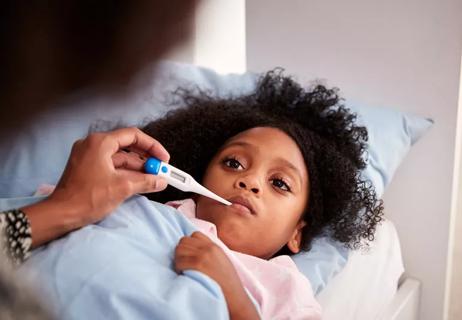
It comes down to a wheeze, a fever and long-term effects
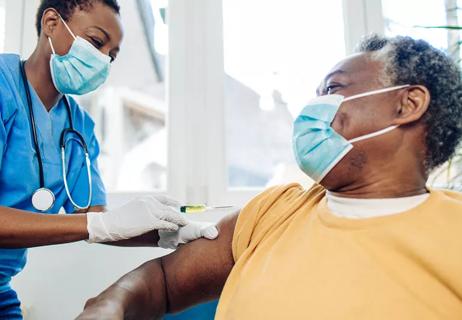
Adults 60 or older, pregnant women and babies may be eligible for protection against RSV
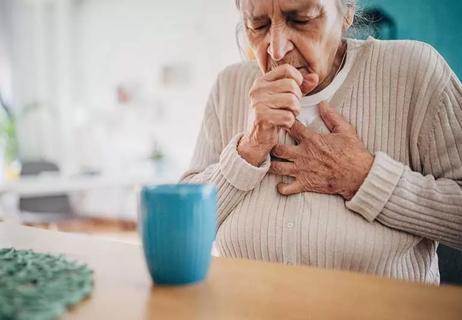
Our most at-risk populations are still highly affected by RSV
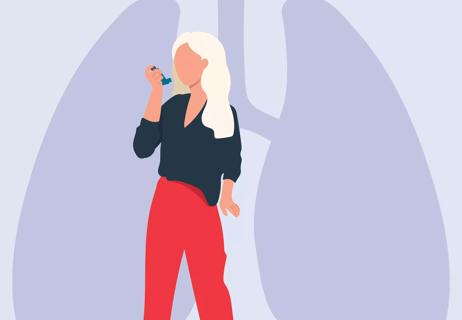
People with certain pre-existing medical conditions have increased risk factors

Wearing a scarf, adjusting your outdoor activities and following your asthma treatment plan can help limit breathing problems

Your diet in the weeks, days and hours ahead of your race can power you to the finish line

When someone guilt trips you, they’re using emotionally manipulative behavior to try to get you to act a certain way